Unlock the secret to a life filled with energy, focus, and balance. It’s not a far-off dream but a reality that can be achieved through proper nutrition. One of the cornerstones of a healthy life is the intake of essential vitamins. These organic compounds may seem insignificant, but their impact on bodily functions is monumental. This post aims to guide you through the essential vitamins you should be incorporating into your diet for optimal health. So, let’s embark on this journey to discover the vitamins that can transform your life.
Contents
- The Role Of Vitamins In Your Body
- Vitamin A – The Vision Enhancer
- Vitamin D – The Sunshine Vitamin
- Vitamin C – The Immunity Booster
- Vitamin B Complex – The Energy Catalysts
- Vitamin K – The Blood Regulator
- Folic Acid – The Developmental Aid
- How To Incorporate These Vitamins Into Your Diet
- Ensure You Are Getting The Vitamins Your Body Needs!
- Related
The Role Of Vitamins In Your Body

Vitamins are organic compounds that serve as essential nutrients for various bodily functions. They play a critical role in metabolism, immune function, and even mental well-being. While some vitamins are produced by the body, most need to be obtained through diet or supplements. It’s important to understand that each vitamin has a unique function, and failing to get enough of any of them can lead to health issues.
A balanced diet rich in fruits, vegetables, and lean proteins usually provides all the necessary vitamins. However, in today’s fast-paced world, maintaining such a diet can be challenging. That’s where supplements come into play. But remember, supplements are not a replacement for a balanced diet; they’re a safety net to ensure you’re getting the nutrients you need.
Vitamin A – The Vision Enhancer

When it comes to maintaining good vision and a robust immune system, Vitamin A takes center stage. Found in foods like carrots, sweet potatoes, and spinach, this fat-soluble vitamin is a must-have in your diet. Not only does it help maintain healthy vision, but it also plays a crucial role in reproductive health and the functioning of vital organs like the heart and lungs.
The recommended daily intake of Vitamin A varies by age and sex, but for most adults, it ranges from 700 to 900 micrograms per day. While it’s generally better to get nutrients from food, Vitamin A supplements are also available for those who find it challenging to meet their daily requirements. However, excessive intake can be harmful, so it’s essential to consult a healthcare provider for personalized advice.
Vitamin D – The Sunshine Vitamin
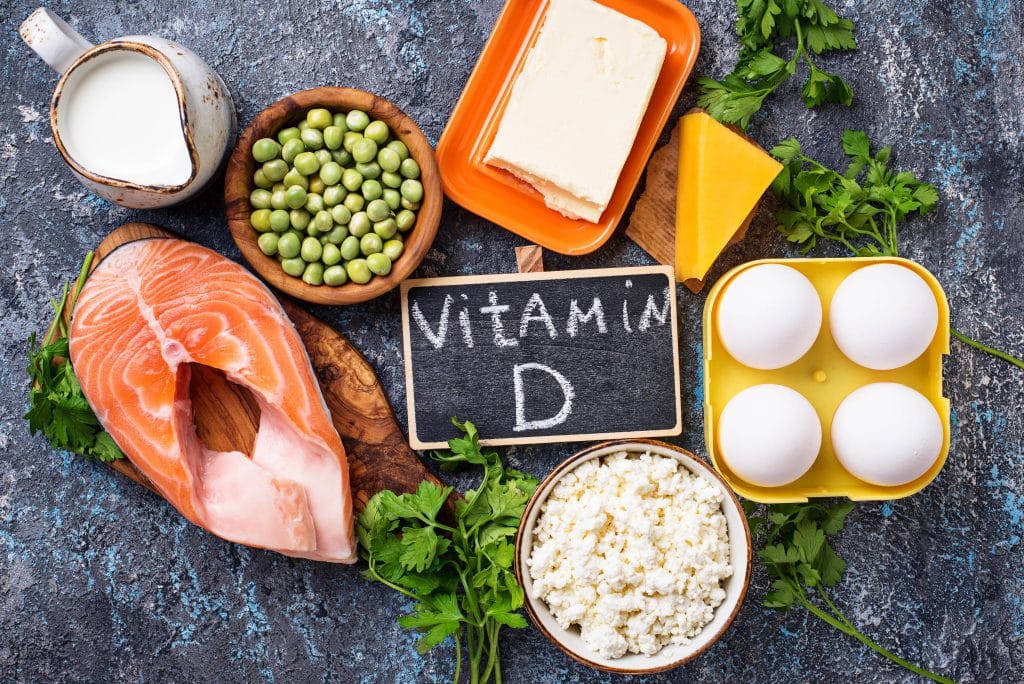
Often referred to as the “Sunshine Vitamin,” Vitamin D is unique because it can be synthesized by the body when exposed to sunlight. It plays a pivotal role in calcium absorption, making it essential for bone health. A deficiency in Vitamin D can lead to brittle bones and an increased risk of fractures, making it crucial for people of all ages.
You can get Vitamin D naturally by spending time outdoors in the sunlight, eating fatty fish like salmon, or consuming fortified foods like milk and cereals. For those who live in regions with limited sunlight or have difficulty absorbing the vitamin, supplements are an option. As always, it’s advisable to consult a healthcare provider to determine the appropriate dosage for your individual needs.
Vitamin C – The Immunity Booster
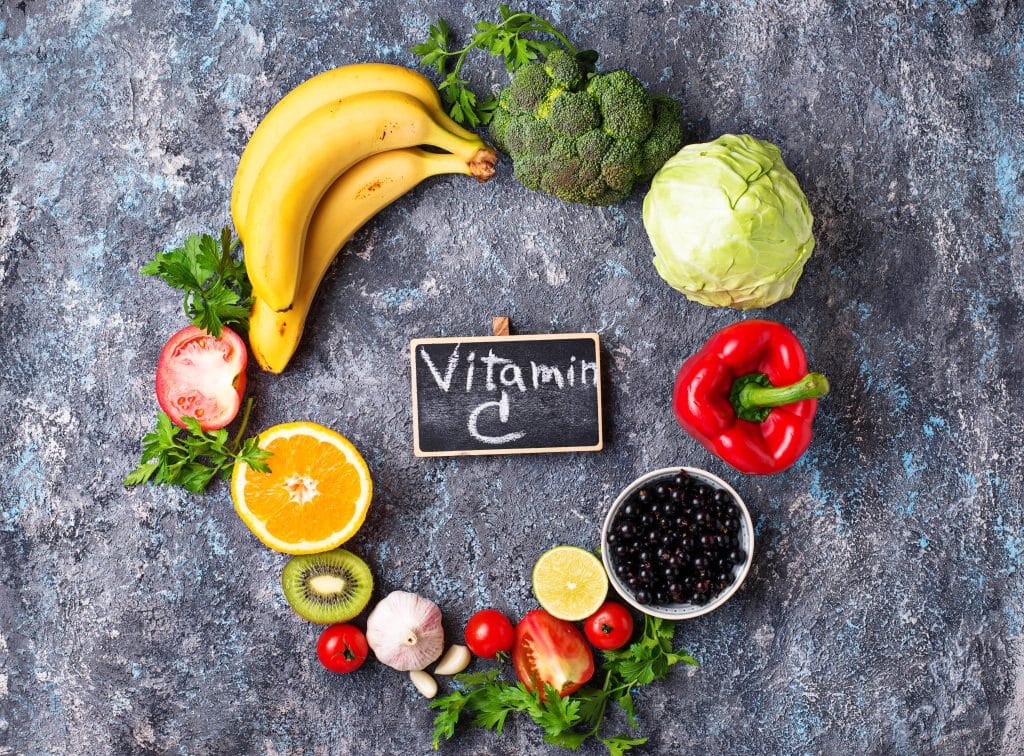
Vitamin C, also known as ascorbic acid, is a water-soluble vitamin renowned for its role in bolstering the immune system. It’s abundant in fruits like oranges, strawberries, and kiwi, as well as vegetables like bell peppers and spinach. Beyond its immune-boosting properties, Vitamin C is essential for the growth, development, and repair of all body tissues. It’s involved in various functions, including the formation of collagen, absorption of iron, and maintenance of cartilage, bones, and teeth.
The recommended daily intake for Vitamin C varies, but for most adults, it’s around 65 to 90 milligrams per day, with an upper limit of 2,000 milligrams. While it’s preferable to get this vitamin from food, supplements are also widely available. However, excessive intake can lead to side effects like digestive disturbances, so it’s crucial to stick to the recommended dosage and consult a healthcare provider for personalized advice.
Vitamin B Complex – The Energy Catalysts
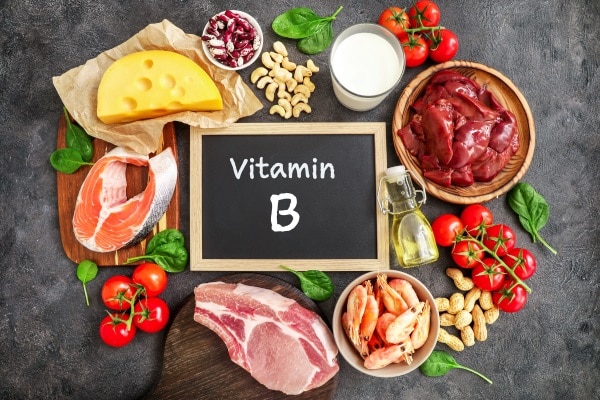
The Vitamin B complex is a group of eight water-soluble vitamins that play a critical role in cellular metabolism. These include vitamins like B1 (thiamine), B2 (riboflavin), B3 (niacin), and so on. Each of these vitamins has a unique role, but collectively, they are essential for converting food into energy, maintaining healthy skin and vision, and supporting nervous system function.
Foods rich in B vitamins include whole grains, meat, eggs, and legumes. The recommended daily intake varies for each B vitamin, but deficiencies can lead to issues like fatigue, anemia, and even nerve damage. While a balanced diet should provide all the B vitamins you need, supplements are available for those who may have dietary restrictions or absorption issues. As always, consult a healthcare provider for tailored recommendations.
Vitamin K – The Blood Regulator
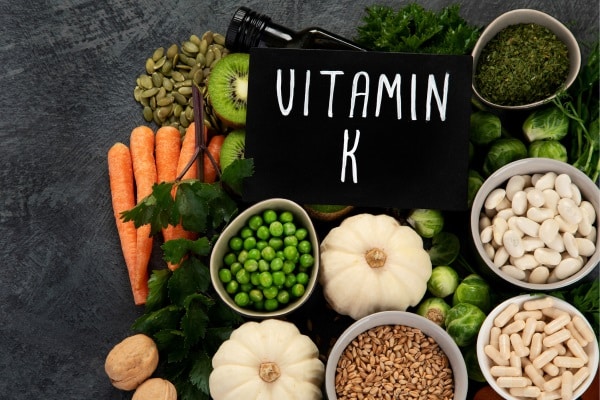
Vitamin K is a fat-soluble vitamin that plays a vital role in blood clotting and bone metabolism. It’s found in foods like leafy green vegetables, fish, and meat. Without adequate levels of Vitamin K, the blood would not clot properly, leading to excessive bleeding. Additionally, it helps in the regulation of calcium within the bones and bloodstream, making it essential for bone health.
The recommended daily intake of Vitamin K varies by age, sex, and life stage, but for most adults, it ranges from 90 to 120 micrograms per day. While it’s best to get this vitamin from dietary sources, supplements are also available. However, those taking blood-thinning medications should be cautious with Vitamin K intake and consult a healthcare provider for guidance.
Folic Acid – The Developmental Aid
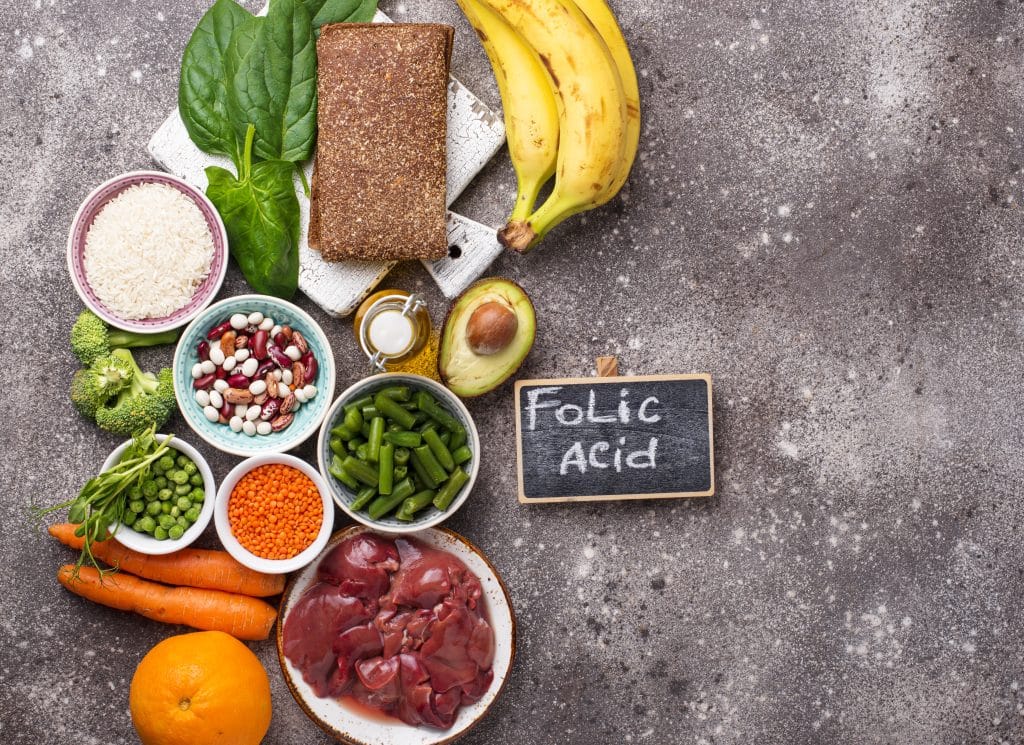
Folic acid, also known as Vitamin B9, is crucial for proper brain function and plays a significant role in mental and emotional health. It’s especially important for pregnant women, as it helps prevent neural tube defects in the developing fetus. Foods rich in folic acid include leafy greens, fortified cereals, and legumes.
The recommended daily intake for folic acid is around 400 micrograms for most adults, but this amount increases for pregnant and breastfeeding women. While it’s generally better to obtain folic acid from foods, supplements are also an option, particularly for those who are pregnant or planning to become pregnant. As with all vitamins, it’s essential to consult a healthcare provider for personalized recommendations, especially during pregnancy.
How To Incorporate These Vitamins Into Your Diet
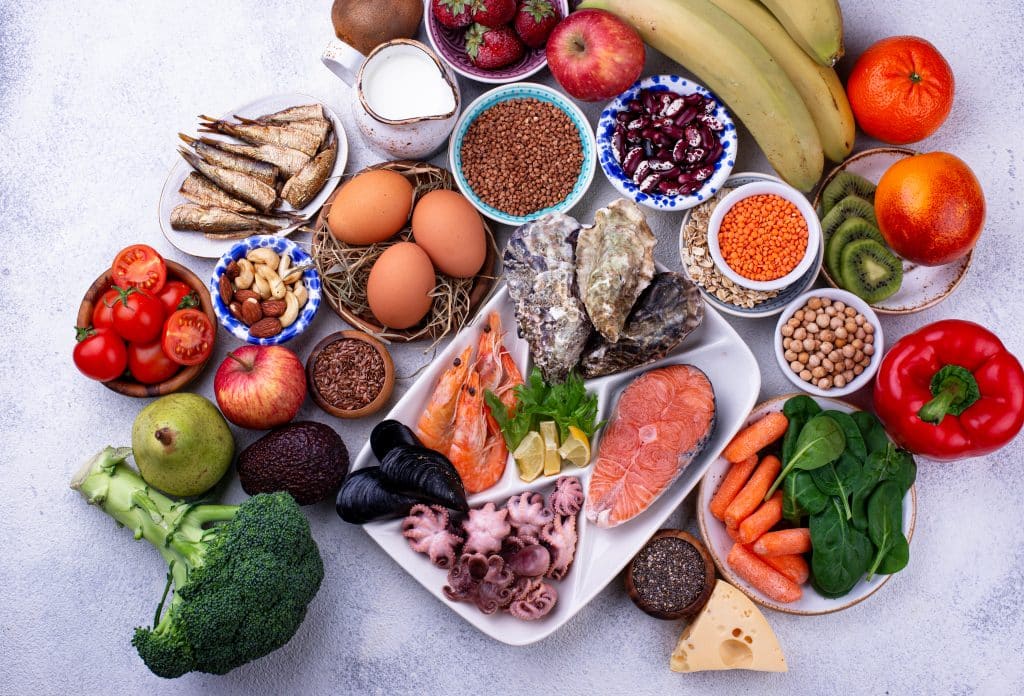
Achieving a balanced diet that includes all the essential vitamins can seem like a daunting task. However, with a little planning, it’s entirely doable. Start by incorporating a variety of fruits, vegetables, lean proteins, and whole grains into your meals. Meal prepping can be a great way to ensure you’re getting the nutrients you need. Additionally, consider using a food diary to track your vitamin intake, which can be an eye-opening experience.
Supplements can serve as a useful backup, but they should not replace a balanced diet. If you’re considering taking vitamin supplements, it’s crucial to consult a healthcare provider for personalized advice. Some vitamins can interact with medications or have adverse effects when taken in excess. Therefore, it’s always best to get a professional opinion before adding supplements to your regimen.
Ensure You Are Getting The Vitamins Your Body Needs!
You’ve just been equipped with valuable information on the essential vitamins your body needs for optimal health. While it’s important to strive for a balanced diet, remember that supplements can serve as a safety net when needed. Consult a healthcare provider for personalized recommendations and start making informed choices today. Your journey to a healthier, more vibrant life starts now!


